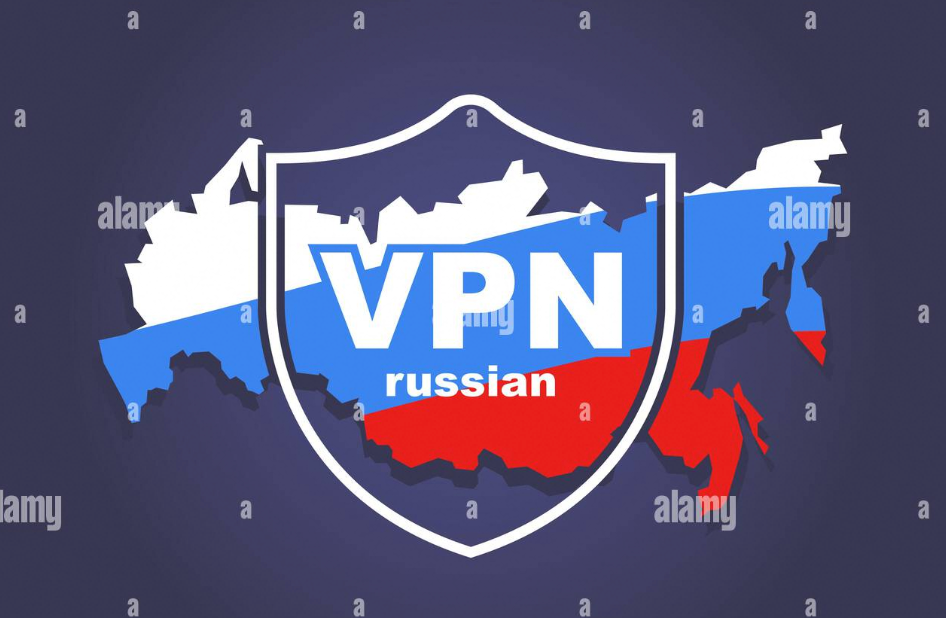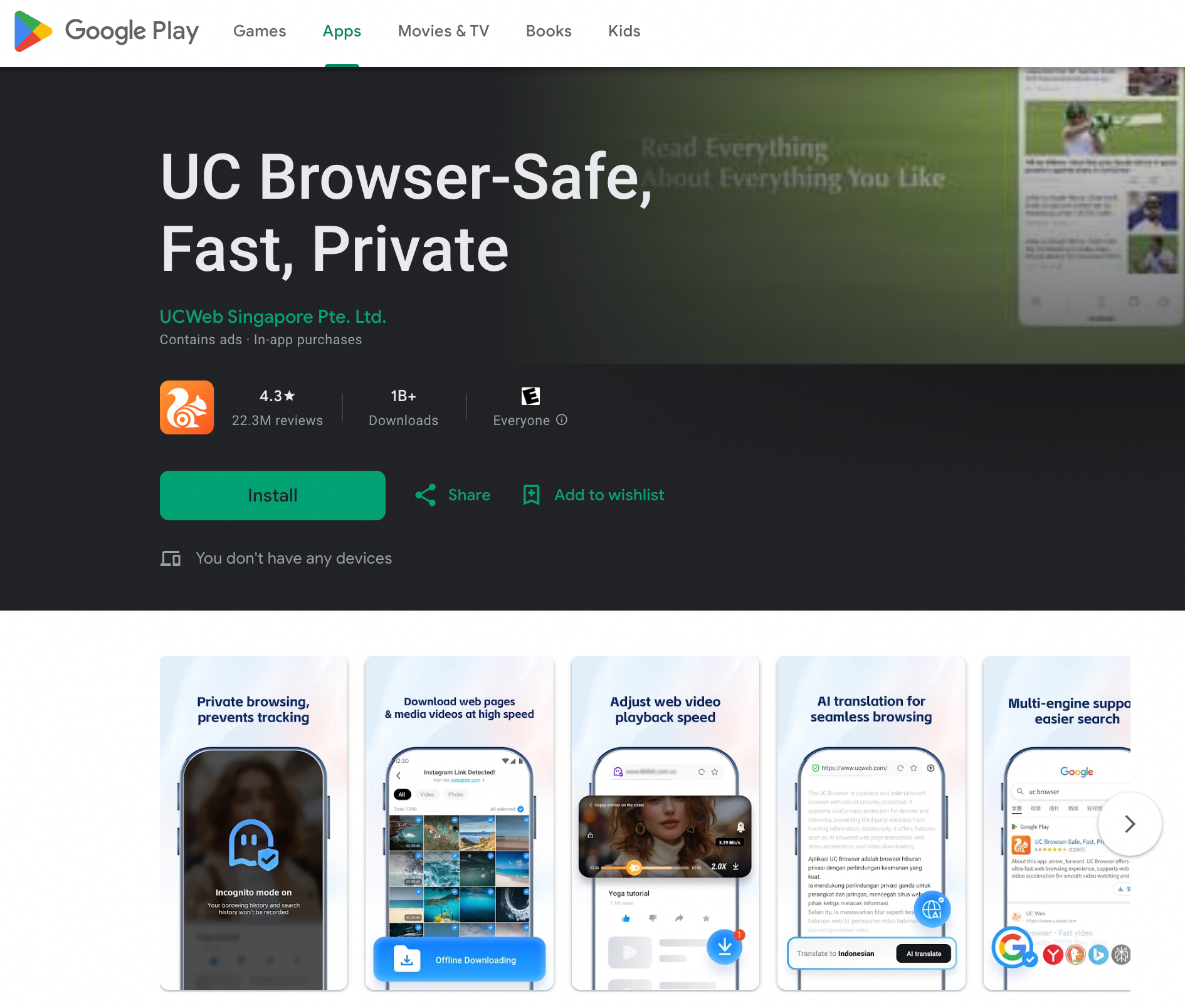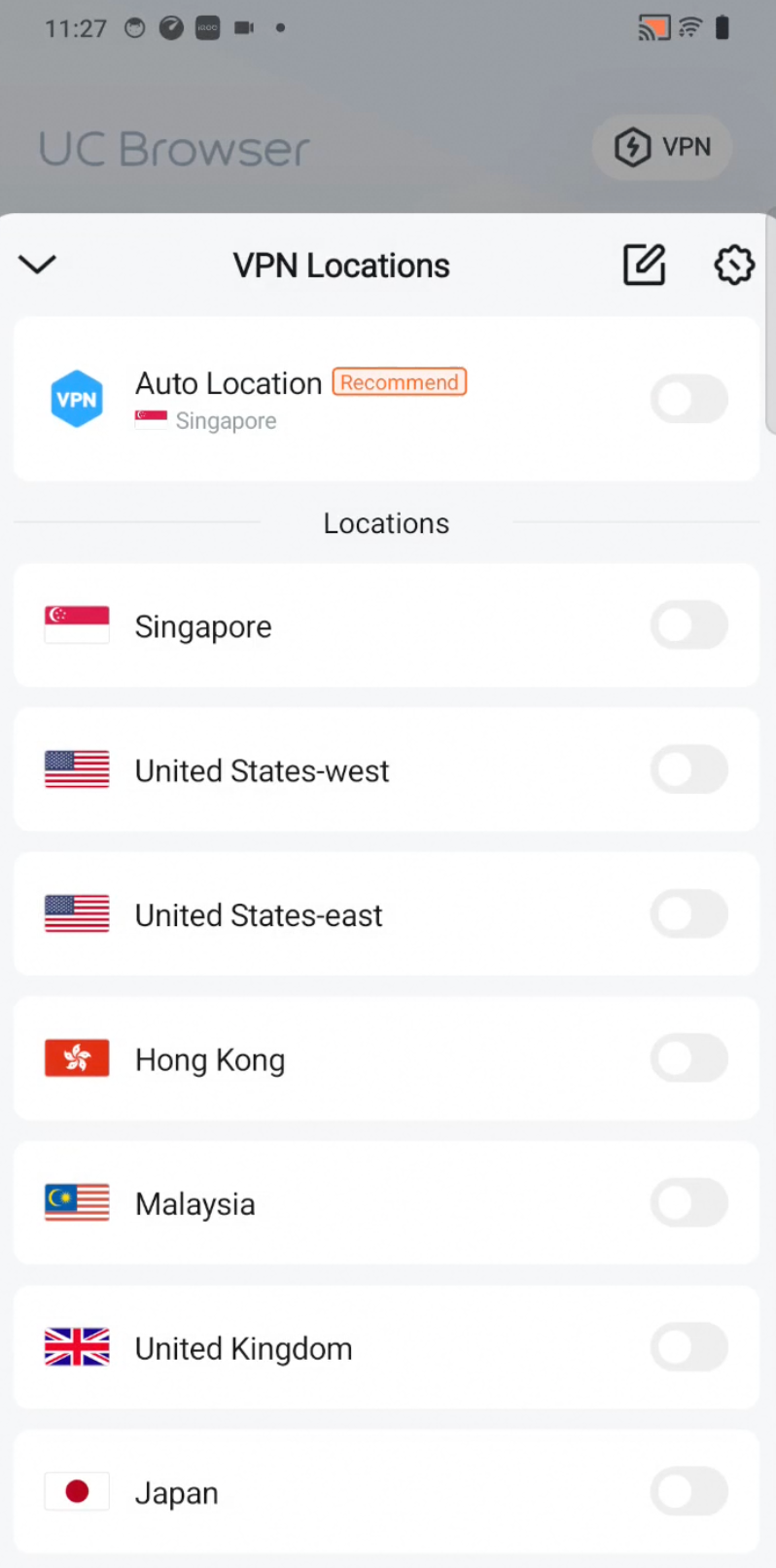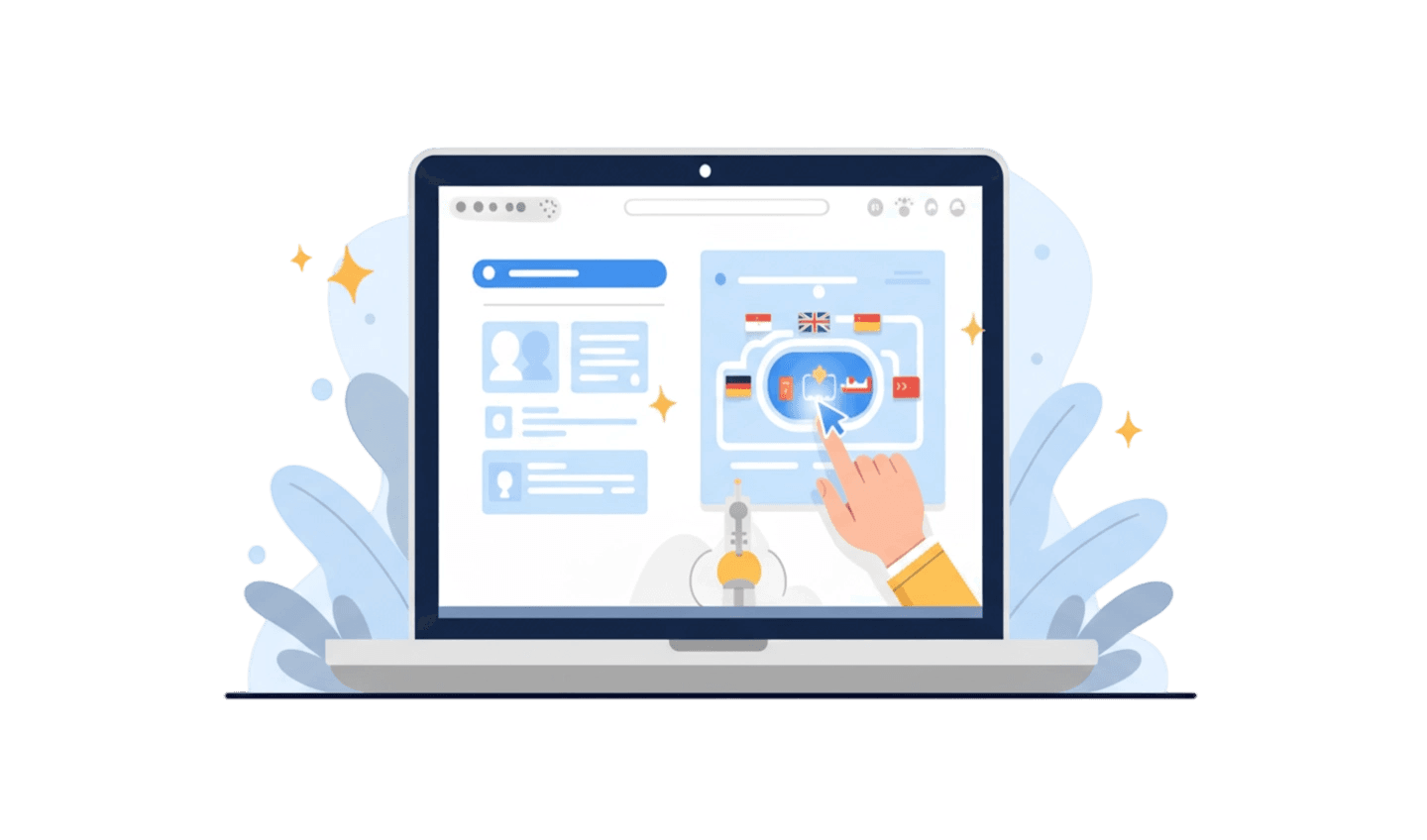The way people protect their privacy online in Russia is changing fast. With new laws and stricter rules, things that used to be common—like using a VPN—can now get you into trouble. It’s easy to feel lost or worried about your personal data, especially when it seems like the ground is always shifting. But staying safe online isn’t impossible. Whether you’re trying to keep your messages private, run a business, or just browse without being watched, it’s all about knowing what’s legal and finding smarter, safer ways to take care of your privacy. This guide is here to break down what’s going on, what tools and strategies you can use, and how you can keep your digital life secure no matter what comes next.
Part 1: The New Legal Landscape
With Russia’s 2025 amendments to its Administrative Code, the digital landscape is undergoing a major transformation. The new rules criminalize the use of VPNs and proxy tools for individuals, imposing fines of up to 80,000 RUB (about $1,020). The focus is not only on those seeking out so-called “extremist materials,” but also anyone using these services to bypass government censors. This builds on restrictions rolled out in 2024, but takes enforcement to the next level, reinforcing the government’s determination to control online access. The authorities have already blocked foreign platforms like Facebook and the BBC, and pressured big tech companies to remove VPN apps, signaling a clear intent to lock down the digital space.

In this much stricter environment, privacy and data protection have become pressing concerns. Companies that fail to comply risk massive fines and operational headaches, especially if they handle cross-border data. A single unauthorized software or data leak could bring penalties up to 500,000 RUB. For individuals, the increase in digital surveillance means online activity is more closely monitored than ever, while advertisers continue to exploit legal loopholes to track users—even on local services. These laws don’t just carry financial consequences; they also curb freedom of expression, encouraging self-censorship among everyday internet users.
Despite these challenges, ignoring privacy is simply not an option. Critical communications—such as those involving banking or health records—still require robust protection. The safest approach is to seek legal, compliant alternatives: using government-approved encryption methods, shifting to privacy-friendly browsers, or implementing enterprise-grade solutions that balance security with regulatory obedience. In short, as Russia’s digital laws become stricter and the online environment more closely watched, adopting a proactive and informed strategy for privacy and safety is more essential than ever.
Part 2:Legal Alternatives to VPNs in Russia (2025)
With the crackdown on VPNs in Russia getting stricter, it’s never been more important to find safe and legal ways to keep your online privacy intact. Fortunately, there are still some practical options you can turn to—here’s what actually works under the current rules:
- Government-Approved Encryption Tools:
Instead of risking it with foreign VPNs, you can use software that’s officially approved by Russian authorities. Take Kaspersky Secure Connection, for example—it’s been certified by Roskomnadzor and lets you encrypt your internet traffic so things like work emails and private messages stay secure. For businesses especially, using these kinds of tools means you can protect sensitive data without accidentally breaking the law.
- Built-In Browser Privacy Features:
Don’t underestimate how much modern browsers can do for your privacy. By switching on DNS-over-HTTPS in browsers like Brave or Firefox, you make it much tougher for anyone to see what sites you’re visiting. Turning on tracker blockers—either built into browsers like Yandex, or through Chrome extensions—stops advertisers and other snoops from following you around online. And here’s a useful tip: if you need to get around region blocks, UC Browser’s built-in VPN feature is simple to use and could help you stay protected without going against the law. Even a few tweaks like these can really help shield your internet activity.
- Corporate Data Protection Strategies:
If you’re running a company, moving away from risky and outlawed services is a must. Many organizations are choosing to keep their data on their own servers, so it’s always close at hand and under their own control. Using a zero-trust system ensures that only the right people can access sensitive info. On top of that, working with local cloud providers, such as SberCloud or Yandex.Cloud, is a smart move—they’ll help you stay on the right side of Russian data laws, while keeping your information safe.
By making these changes—opting for official encryption, using your browser’s privacy tools, and trusting local data solutions—you can stay more private and secure without worrying about breaking the rules in Russia’s ever-changing internet landscape.
Part 3: How to Use UC Browsers VPN?
Need to access region-locked websites or add an extra layer of privacy to your browsing? UC Browser has a built-in VPN feature that’s easy to use, even if you’re not tech-savvy. Here’s how you can get started in just a few simple steps:
Step 1: Download and Install UC Browser
Visit the official UC Browser website or your device’s app store, and download the latest version. Install the browser by following the prompts, then open it once installation is complete.

Step 2: Enable the VPN Feature
After launching UC Browser, find the VPN option—typically located in the browser menu or as a small icon in the address bar. Click the VPN icon to activate the feature. If required, agree to the terms or pick your preferred server location.

Step 3: Browse Securely with the VPN
Once the VPN is turned on, you’re all set! Surf the web as usual; your traffic will be routed through a secure server, allowing you to maintain privacy and access restricted sites. When finished, simply toggle the VPN off through the same menu.
Part 4:Future-Proofing Privacy in Russia
As Russia’s digital landscape becomes more tightly controlled and privacy laws continue to evolve, individuals and organizations need to take proactive steps to protect their personal information. Safeguarding your privacy isn’t just about reacting to the latest restrictions—it’s about staying informed, embracing new technology, and fostering a culture of digital awareness within your community.
Staying Updated on Laws
In an environment where regulations can change quickly, keeping up with the latest legal updates is crucial. Make it a habit to monitor Roskomnadzor’s announcements and pay attention to legal advisories, so you’re never caught off guard by new requirements. If you work in tech or manage sensitive data, consider joining industry groups like Russoft. These communities offer practical advice and early warnings about changes to digital compliance, helping you avoid costly mistakes.
Emerging Technologies
Innovation plays a key role in privacy protection. Decentralized networks such as Hypercore and IPFS allow for limited peer-to-peer sharing, reducing reliance on centralized servers and making it harder for your data to be tracked. Meanwhile, Russian startups like NtechLab are developing advanced, AI-powered tools to help anonymize user data. Keeping an eye on these technologies—and being willing to adopt them as needed—can offer an extra layer of security as traditional privacy tools come under increased scrutiny.
Community and Advocacy
Privacy is stronger when people work together. Supporting local organizations like Roskomsvoboda means you’ll have access to up-to-date privacy guides and expert resources. You can further protect yourself and others by sharing knowledge—consider hosting or joining workshops and webinars on safe digital habits. By educating your peers and supporting digital rights advocacy, you’re helping to future-proof privacy not just for yourself, but for your wider community as well.
Conclusion
Navigating the new reality of Russia’s digital landscape can feel overwhelming, especially as privacy laws get stricter and traditional tools like VPNs become risky to use. But protecting your privacy isn’t out of reach—you just have to adjust your approach. Staying up to date with the latest legal changes and understanding what’s allowed are now the first steps to keeping your data and online activity safe.
Thankfully, you don’t have to go it alone, and you certainly don’t have to give up on privacy altogether. Switching to government-approved encryption tools, using privacy features built into your browser, and choosing trusted local cloud services can make a real difference in protecting your personal and professional information. Even simple steps, like enabling DNS-over-HTTPS or using UC Browser’s built-in VPN, let you browse more securely without taking unnecessary legal risks.
Looking ahead, it’s clear that privacy is a community effort. By staying informed, exploring new tech for security, and sharing knowledge with others, you help not only yourself but your friends, family, and colleagues too. Supporting digital rights groups or participating in discussions about safe online habits helps everyone adapt and thrive. In a landscape that’s always changing, a proactive and informed approach is your best tool for future-proofing your privacy.










